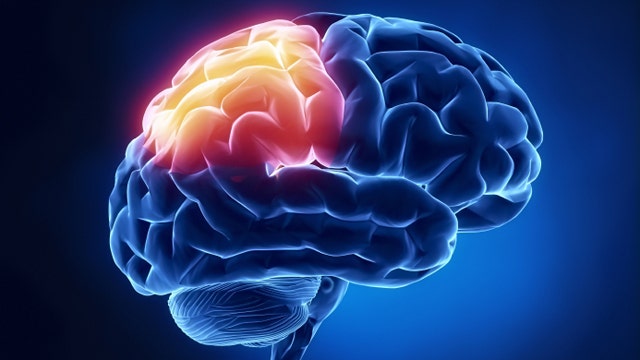Brain health: Is my memory normal?
Failing to remember names or where you’ve placed things can seem like minor “senior moments,” but how can we really know if certain memory issues are normal or not? Professor and author Dr. Gary Small gives tips to maximize and maintain your memory
We've all had times when we’ve forgotten a name or where we put the TV remote, but how do you really know if your "senior moments" were normal or not?
It’s an issue almost everyone is concerned about, said Dr. Gary Small, author of "The Memory Bible" and director of the UCLA Longevity Center.
“People are forgetting names and faces, forgetting where they place things and generally it’s a normal part of aging. When it becomes a concern is when it’s interfering with your everyday life,” Small told FoxNews.com.
Although there can be several risk factors like family history and heredity, lifestyle choices and what you do every day, like exercising and keeping the mind active are more important for the average person.
To maximize your memory and maintain cognitive function as you age, Small suggests five basic tips:
1) Keep your mind active and your body healthy
Playing games and spending time with friends can keep your mind sharp. Even walking for 20 minutes a day can lower your risk for memory loss problems in the future.
2) Write things down
The process of writing things down can help you retain that “to do” list— it’s an active memory strategy that keeps your memory working.
3) Repeat information to yourself out loud if it helps
Like memorizing a line in a play, it takes a little bit of work and rehearsal. So when you’re moving from task to task, stating what you’re doing or are going to do out loud will help you remember it.
4) Make things meaningful
If something is meaningful it’s going to be memorable, so associate information with something or someone to help you remember.
5) Manage stress and keep a routine
Chronic stress can shrink the memory brain, so find ways to relax such as taking up yoga, meditation or Tai-chi. Memory strategies work best when they are used consistently. When we stick to a routine, we don’t have to remember all the details because it becomes second nature to us.
What’s Normal or Abnormal?
Forgetting names and faces:
According to Small, 85 percent of older people complain that they can recognize the face of someone they know or have met, but they cannot remember his/her name.
“In general, forgetting someone’s name is normal. But, if you forget the name and face of a close relative or close friend then that may be a clue that there is a problem,” Small said.
Forgetting where you placed your keys or phone:
Perspective memory- remembering to do things, brings things and where you’ve placed things is a common complaint, Small said.
“If you forget where you parked your car once in a while that is pretty common and is usually because you’re not paying attention, but if you’re forgetting where you parked your car once a week, then that may be a problem.”
To help track your brain health, Small suggests trying the free online Cogniciti Brain Health Assessment, a science-based brain health test created by scientists at Baycrest Health Sciences. The test is designed for adults over the age of 50 and includes a series of games to quiz your memory and attention functions.
“In a way it’s like a thermometer for the mind--people can go online, take a 20 minute test and find out if their memory issues are normal or if it’s time to talk with their doctor,” Small said.









































